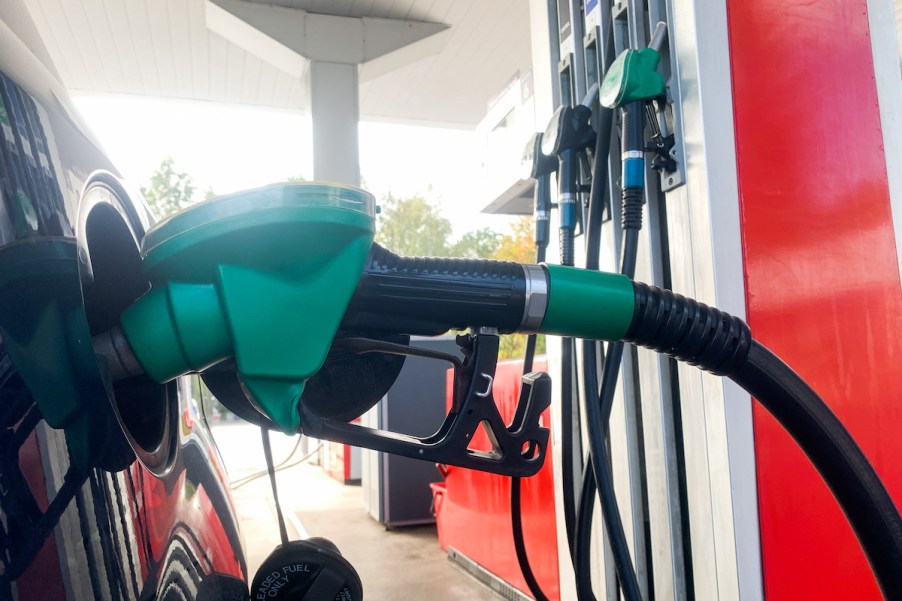
Can Bad Spark Plugs Affect Gas Mileage?
A vehicle’s spark plugs perform many vital functions. One of the most fundamental roles of a spark plug is to ignite the gasoline within a vehicle’s combustion chamber. When the ignition process goes well, you’ll be able to start your car with a smooth-running engine. You’ll be able to accelerate when you need to and produce enough power to support the many functions required to move it down the road.
Without regular spark plug maintenance, your vehicle’s plugs will degrade, the ignition process isn’t as successful, and sooner or later, you’ll notice performance issues as you drive. Does one of those noticeable differences pertain to gas mileage?
Signs to look for when your spark plugs go bad

Once you understand the primary role of a spark plug, which is to ignite gasoline to create power, it becomes easier to understand why specific symptoms could indicate that one or more of your vehicle’s spark plugs are bad.
If your vehicle has bad spark plugs, you may begin to have difficulty starting the vehicle and notice that your engine misfires. The misfiring is a result of some plugs still firing (igniting) correctly while others are not. You may notice this misfiring, particularly when your vehicle idles.
Other signs your spark plugs may be going bad include poor acceleration or generally sluggishness as you drive. This is because bad ones can’t produce all the energy good plugs usually do. So your engine doesn’t receive all the energy it needs to do its job properly. When you accelerate, the bad plugs struggle to produce the extra power required.
Can bad spark plugs affect gas mileage?
As Jalopy Talk notes, the more spark plugs start to go bad, the more your vehicle operates poorly, and gas mileage will begin to suffer.
When bad spark plugs have difficulty producing the extra energy required for acceleration, the ignition process has to call for more gasoline to get the job done.
This is just one example. The call for more gasoline occurs every time the ignition process isn’t ideal. It holds true when starting the vehicle, sitting at a traffic light while idling, and driving down the road.
How to buy the right plugs for your vehicle
It’s important to follow a vehicle manufacturer’s advice regarding when to inspect and change the plugs. Although, it’s a good idea to check them more often if you drive in challenging conditions or have unusual driving habits.
If the spark plugs need replacement, there are several points to consider when deciding on replacement plugs. Ideally, it’s best to use the same type of plugs the manufacturer originally installed. Of course, if you have a used vehicle, you may not necessarily know what your vehicle had in the way of original plugs. If this is the case, check the owner’s manual or go online and visit the manufacturer’s site for recommendations for your particular vehicle.
You can also call or visit a local auto parts store. They should have information regarding manufacturer recommendations for spark plugs. Last but not least, contact the service department of a local dealership that sells the same type of vehicle you have. They would be able to guide you in the right direction.
It’s best to avoid installing plugs that you know aren’t recommended for your vehicle, or plugs that “sound too good to be true.” Proper replacement of the spark plugs means you’ll enjoy greater reliability and performance from your vehicle.


